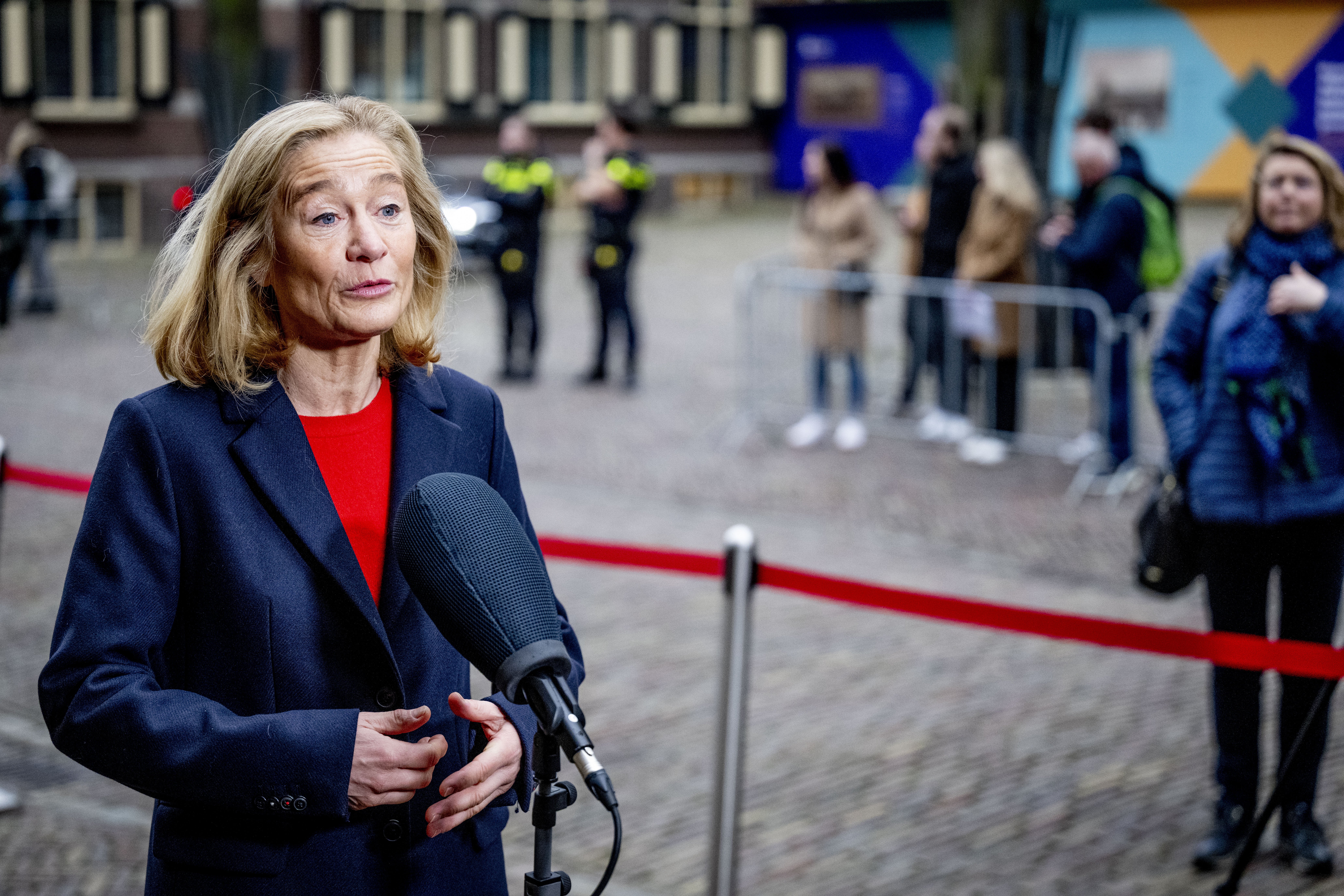Ministers focus on business climate amid skills shortage fears

Economic affairs minister Micky Adriaansens has confirmed that the government is looking at ways to keep companies such as chip machinery maker ASML in the Netherlands, following reports the government had set up “Operation Beethoven” to improve the business climate.
“We have to work on [ensuring a good business climate] every day,” the minister told radio station BNR.
ASML chief executive Peter Wennink said on Wednesday that the company may look to grow abroad because of problems in the Netherlands. In particular he has criticised the lack of political stability and said reducing the 30% tax break for some international workers will hamper efforts to recruit skilled staff.
There is no question of ASML leaving the Netherlands, Adriaansens said. “But we have to be alert to the opportunities we have and to make the most of them,” she said, referring to “enough talent and good infrastructure”.
Wennink met Adriaansens and prime minister Mark Rutte on Wednesday. While the conversation was a “good” one, there is a “divide between what we think is necessary and what politicians think is necessary”, he told reporters after the meeting.
ASML is not leaving the Netherlands, he said, but the company is looking at growth opportunities abroad, if there are none here.
Henk Volberda, a professor in strategy and innovation at Amsterdam Business School, told BNR that reducing the scope of the 30% ruling or getting rid of it altogether would be madness if the Netherlands wants to remain a highly skilled economy.
“The number of highly skilled people we train up in the Netherlands is not enough,” he said. “A company like ASML competes for talent. It is a global rat race.”
In addition, plans to reduce the number of university bachelor degrees taught in English will also lead to fewer foreign students coming to the Netherlands and settling here, Volberda said.
If ASML, which invests 18% of its turnover in R&D, is forced to look abroad, that is a red flag to the tech industry, he said.
Politics
Concerns about the business climate in the Netherlands are not new and last month employers organisation VNO-NCW published research showing company bosses are most worried about the lack of stability in government.
CEOs are also concerned about increasing red tape, the shortage of staff and taxes. Around one in four said they would not make any investments in the coming year.
Start-ups
Start-up sector lobby group TechLeap has also expressed its fears about the business climate in the Netherlands, particularly the decision to cut the 30% ruling which is “needed to keep the country competitive”.
Almost one-third of workers at Dutch start-ups and scale-ups come from abroad.
“There is a risk that ‘knowledge migrants’ will leave due to uncertainty,” Hamed Sadeghian, chief executive of Nearfield Instruments told the Financieele Dagblad. Some 40% of his workforce of 170 use the scheme.
“We need them because there is not enough talent available here,” he said. “At the end of the day, you look at your paycheck.”
All the four parties which have been involved in talks on forming a new right wing government back restrictions on the number of foreign workers coming to the Netherlands.
Thank you for donating to DutchNews.nl.
We could not provide the Dutch News service, and keep it free of charge, without the generous support of our readers. Your donations allow us to report on issues you tell us matter, and provide you with a summary of the most important Dutch news each day.
Make a donation